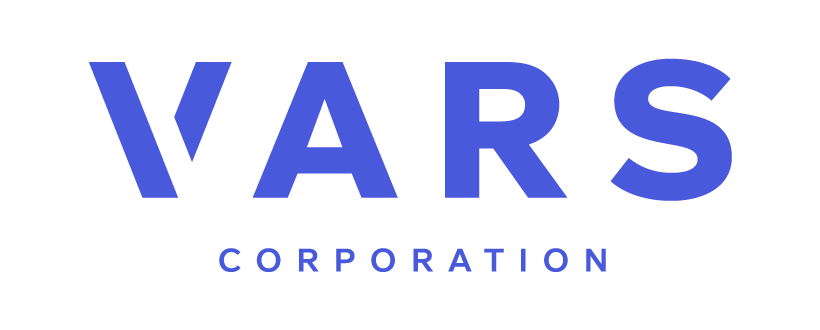Why your company needs a CISO now more than ever?

What role does the Chief Information Security Officer (CISO) play in an organization?
A business falls victim to a cyber attack approximately every 14 seconds. Depending on the type of cyber attack and the size of the business, the costs can be up to well into six or seven figures. Nearly 60% of small businesses that were victims of cyber attacks end up shutting their business down permanently within 6 months.
These statistics exhibit the extent to which a successful cyber attack can have on a business financially, but there are also many other layered consequences. This can include loss of customers, damage to the business’ brand reputation and breaching of compliance and regulatory requirements.
According to VMware, 99% of Canadian companies have reported an increase in cyber attacks over the past 12 months. This shows now more then ever the importance to develop a well executed cybersecurity plan for your organisation. A Chief Information Security Officer (CISO) is there to do that.
What is the role of a CISO?
A CISO is an executive responsible for a company’s security strategy and ensuring the data assets are protected. The position requires the individual to be well versed with security risks, compliance management and internal security policies. Some of the main roles that a CISO fulfills include:
Security strategy
The CISO is a leader when it comes to security strategy for a company. Depending on the size of a company, the CISO may share this responsibility with other senior IT or tech executives within the company. The CISO is responsible for dealing with immediate security concerns and planning proactively to prevent future security issues from occurring.
The security strategy should be tailored towards the needs of a company. For example, if a business is in hyper-growth mode, the security strategy should accommodate all the vulnerabilities that can arise from scaling quickly and hiring many team members.
Manage security operations
In addition to security strategy, the CISO oversees day to day security operations within a company. The CISO should be actively finding and addressing any security vulnerabilities within a company. The CISO takes initiative on how to deal with immediate vulnerabilities by doing real-time analysis of threats and following a plan of action to mitigate risks.
The security operations on a day to day basis may include setting security policies, hiring the right security team member, meeting with senior executives to discuss strategy, analyzing security infrastructure, making sure programs are running correctly and more. With the help of the security team, the CISO can delegate and ensure that all the security needs of the company are being met.
Security architecture
The CISO is in charge of ensuring the organization is running on the best infrastructure for both security and performance. A lot of vulnerabilities that organizations have can be countered with buying up to date hardware and software. It takes the expertise of a CISO to select the best possible solutions for the organization while mitigating any potential security risks that can arise.
The CISO also designs the security infrastructure by ensuring that all network and IT infrastructure is built with the thought of security in mind. This makes sure that all aspects of the architecture of the organization are secure while performing at the highest level possible.
Incidence response
The CISO is at the forefront of any security incident that occurs within a company. Prior to an incident occurring, the CISO has made a plan of action for several possible scenarios. After an incident is reported to management, the CISO takes leadership and instructs relevant employees on what they need to do.
After the incident has been responded to adequately, the CISO will ensure all that relevant action that needs to be taken afterwards like filling out paperwork, meeting with clients, etc. is done. The CISO is likely the best equipped person within the organization that can handle a security incident from beginning to end.
Compliance
The CISO is also one of the leaders within the company when it comes to meeting compliance and regulatory requirements. Depending on the location and industry a company operates in, there might be a variety of complex compliance requirements needed to operate a company.
For example, a healthcare company in Quebec would have to adhere to both the Personal Information Protection and Electronic Documents Act (PIPEDA) and all of the of the regional data laws. Since the CISO is in charge of several aspects that deal with compliance, they are generally well-versed in these topics and can help meet with compliance demands from regulatory agencies. CISOs can help meet with compliance officers and ensure the company completes all regulatory assessments that are required by local and federal governments.
Where can you find a CISO?
Hiring a full-time CISO may not always be feasible for most companies looking to adhere to general compliance and security requirements to keep their business open. A full-time CISO will likely cost a business well over six figures annually, but there’s an alternative solution: the VARS CISO Office.
The VARS CISO Office gives your organization the power to leverage the expertise of reputable and industry-leading Chief Information Security Officers without having to search for a one or pay for a full-time resource.
To learn more about the VARS virtual CISO office and how you can increase your business’ security, talk to our experts.
